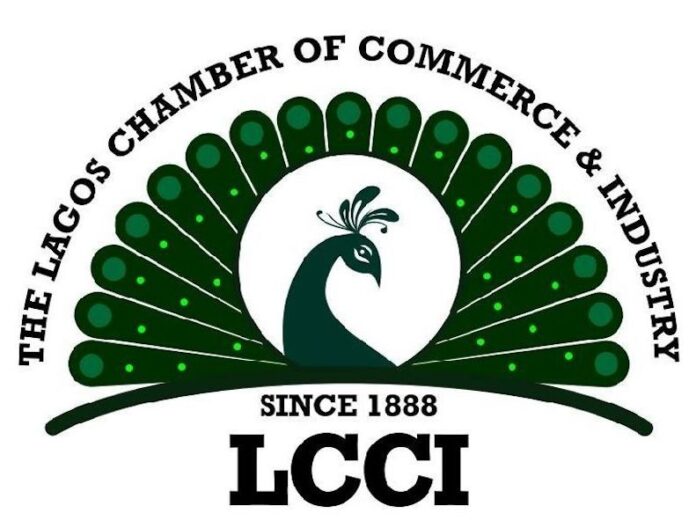Fuel price hike “ll reverse ease in inflation – LCCI
CHIGOZIE AMADI
The Lagos Chamber of Commerce and Industry (LCCI) has said that the hike in fuel price from N568 to N855 would trigger widespread price increases, potentially reversing the recent ease in inflation.
Director General, LCCI, Dr Chinyere Almona, said this in a statement on Wednesday in Lagos.
She noted that the official price of petrol, now at N855, was a clear indication that the shortfall between the landing cost and the former price level of N568 charged by Nigerian National Petroleum Corporation Ltd.(NNPCL) had been reduced.
Almona, however, said that completely removing it and subjecting Nigerians to a significant fuel price hike presented significant challenges.
“A steep price hike would likely trigger widespread price increases, potentially reversing the recent ease in inflation seen in July and leading to another surge in inflation rates.
“Balancing the need for fiscal responsibility with the economic impact on citizens is a complex task for the government.
“The impact on businesses will be severe, with fuel prices affecting supply and logistics, power generation, transportation, and factory operations.
“The cost of doing business will skyrocket, prices of goods will rise, and some firms may shut down due to low demand in the face of weakening consumer purchasing power. Of course, this will be followed by job losses,” she said.
Almona said the operation of the Dangote Refinery, which now produces fuel and diesel for sale, offered a glimmer of hope.
She said this game-changing intervention could restore some stability to the oil and gas sector, which had been grappling with significant distortions in 2024.
The LCCI D-G advocated a more sustainable approach to support the development of additional local refineries to process crude for local consumption and potential export across Africa.
This long-term strategy, Almona said, was crucial for the stability and growth of our economy.
“As an immediate intervention, it would be beneficial for the Port Harcourt Refinery to commence operations alongside production from the Dangote Refinery.
“Given the current challenges with importing refined fuel, relying on local production may be the most viable option at this time.
“We recommend sustaining local supplies, with the expectation that demand will eventually align with supply, leading to equilibrium pricing across various sources,” she said.
























